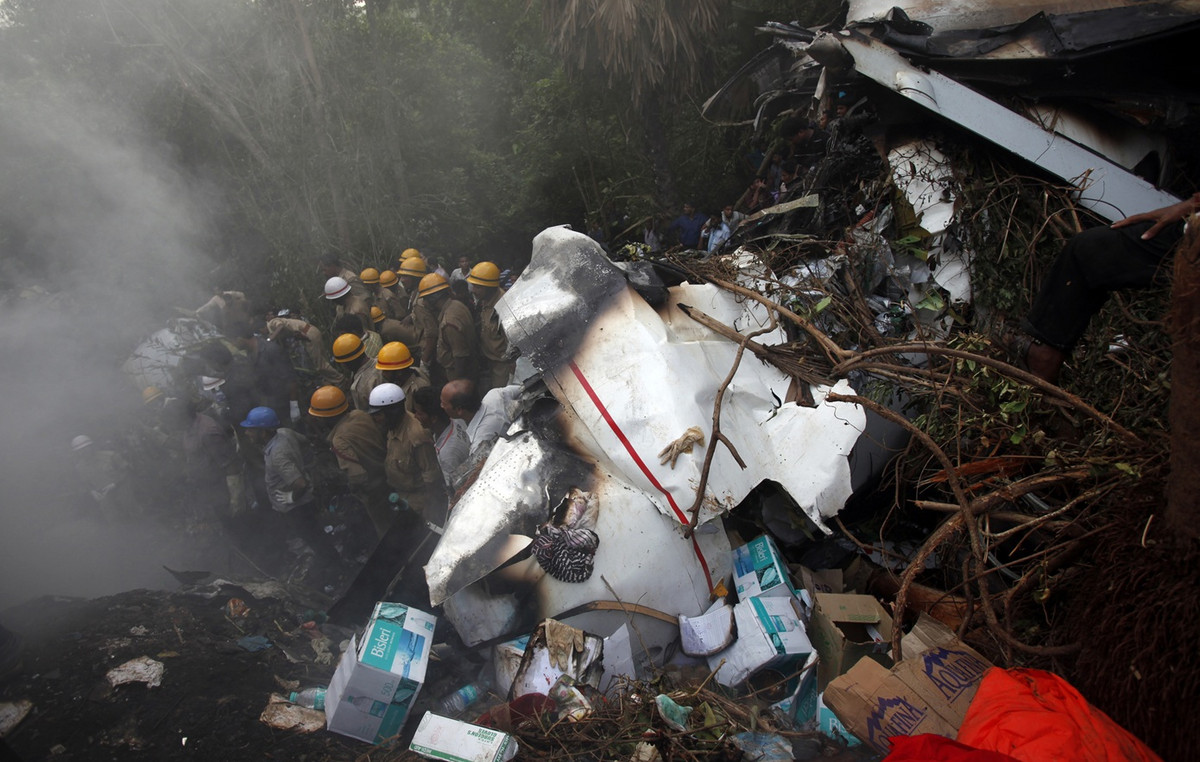The COP26 – United Nations Conference on Climate Change 2021 – which took place in Glasgow, Scotland, until the 12th of November, was an extremely important world meeting. Leaders, government officials and, above all, representatives of the private sector from approximately 200 countries met with the objective of discussing agendas on climate change, accelerating the actions established by the Paris Agreement and establishing concrete goals and agreements for a more sustainable, resilient and with a reduction in carbon emissions.
In the first week of the event, the participation of the private sector was intense, with several discussions on themes, such as climate conservation and recovery of the planet. THE JBS, the world’s second largest food company and global leader in the protein sector, which has sustainability as its strategy, participated in these discussions and signed important agreements with other global companies.
On November 3, the company joined the world’s nine other major agricultural processing companies to issue a joint statement in which they commit to developing, by COP27, a sectoral roadmap to limit global warming by up to 1.5 °C compared to pre-industrial levels. The goal is to identify solutions at scale to make even faster progress in eliminating deforestation and reducing greenhouse gas (GHG) emissions.
Another important agreement signed at COP26 was the partnership between JBS and Royal DSM to implement a project with the goal of reducing the emission of bovine enteric methane on a world scale. Methane, a natural by-product of the digestion of cattle and other ruminants, is a source of greenhouse gas emissions. To achieve this goal, JBS will use Bovaer®, a nutritional supplement developed by DSM. “The company is very pleased to be working with JBS at Bovaer®. Now we can really make an impact in Brazil, which is exciting news, especially in the context of COP26, where the importance of rapid climate action through reducing methane emissions is emphasized again. We look forward to providing an effective and scientifically proven solution to the challenge of methane emissions from agriculture. As food systems and the climate crisis are inextricably linked, it is critical to address the challenge of sustainable livestock farming for a healthy planet,” said Dimitri de Vreeze, Co-CEO and member of the Royal DSM Board of Directors.
But it is not new that JBS is aligned with sustainable practices. For over a decade, the company has been investing in social and environmental actions. And, since last year, it has made a public commitment to be part of this change, becoming Net Zero by 2040, that is, zeroing the balance of its greenhouse gas emissions, reducing emissions and offsetting all residual emissions .
To meet this goal, JBS has committed to investing US$ 1 billion over the next 10 years in projects to reduce emissions; operate on 100% renewable energy by 2040; invest $100 million in Research and Development by 2030; among other actions. All with transparency, as the company will report its information on climate change in line with the Task Force on Climate-Related Financial Disclosure (TCFD).
“JBS is committed to fulfilling its Net Zero commitment by 2040. But that’s not all. We will work together with small producers to support them in this new green revolution. In this race, there is no single winner: either everyone loses or all of humanity wins. By bringing everyone together, we are confident that the company can be an agent of transformation”, said Gilberto Tomazoni, global CEO of JBS.
Reference: CNN Brasil







